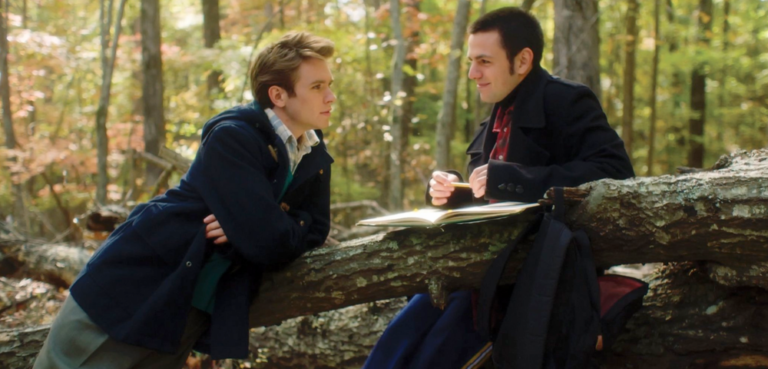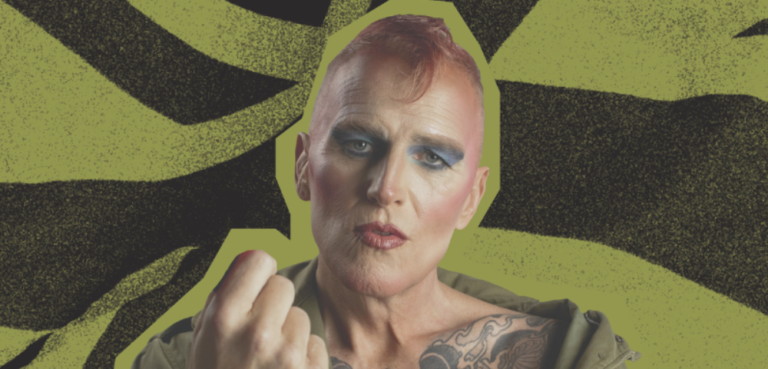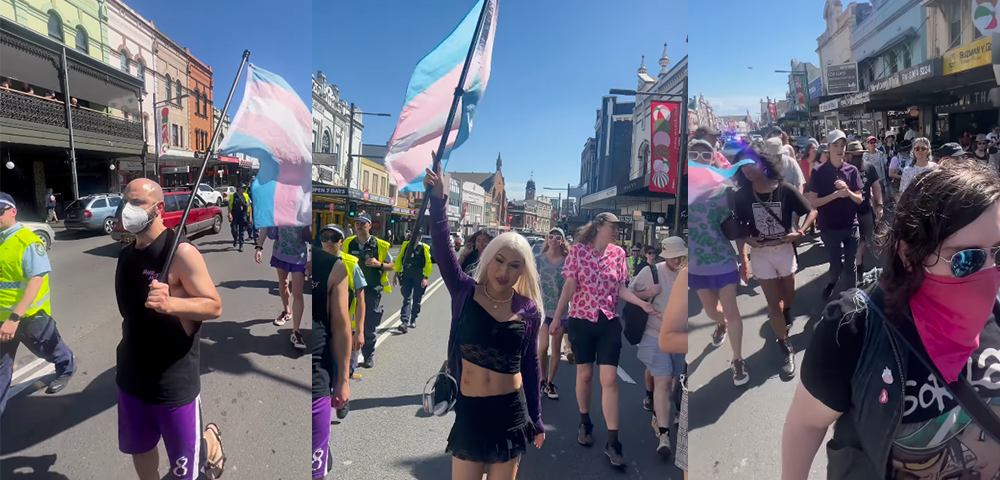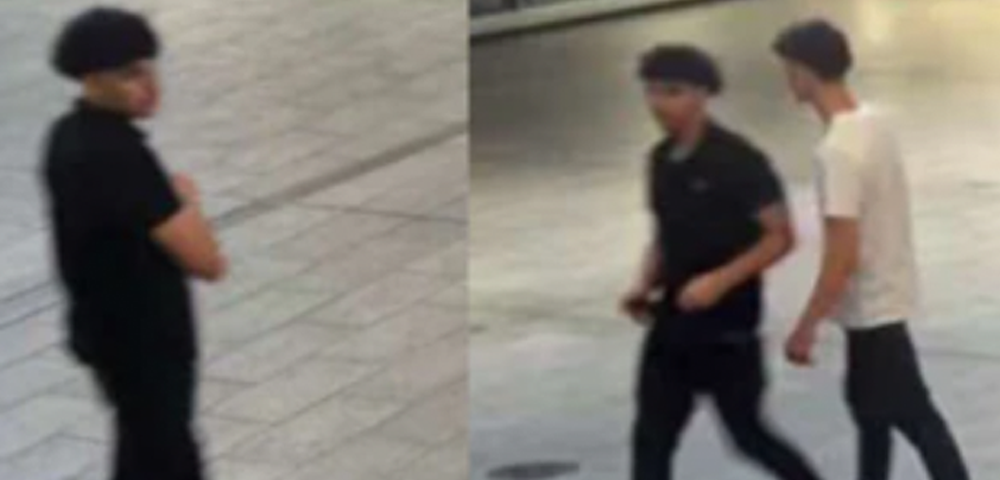
Privacy Concerns Over Grindr Hookup For Virgin Australia Employee

A recent case involving Virgin Australia’s surveillance of one of its cabin crew members, Dylan Macnish and his Grindr hookup has raised serious concerns regarding workplace privacy and surveillance practices.
The controversy centres around Virgin’s access to hotel CCTV footage and swipe card records, which revealed Macnish had organised a Grindr hookup.
While Macnish’s termination was overturned, the case has raised serious questions about legal and ethical boundaries of workplace surveillance, particularly when it involves personal, off-duty conduct.
Virgin Australia classifies Grindr hookup as ‘Social Activities’ for staff
Dylan Macnish, a cabin crew member at Virgin Australia, was dismissed by the airline in February 2023 after two incidents that took place during the previous year.
The first incident occurred at Virgin’s Christmas party in 2023, where Macnish drank a glass of prosecco seven and a half hours before being scheduled to work a red-eye flight.
Virgin has strict rules prohibiting alcohol consumption within eight hours of duty, and this was one of the grounds for his termination.
However, it was the second incident that raised even more controversy.
In November 2023, Macnish requested a change in his roster due to fatigue after experiencing a stressful medical incident on a flight the night before. He asked to be moved from an 8 a.m. flight to an afternoon one, stating that he was unable to sleep and was too tired to work.
Following the roster change, Macnish used Grindr to arrange a casual hookup, believing that physical intimacy would help him sleep. He subsequently fell asleep in his hotel room and attended his afternoon shift as scheduled.
However Virgin Australia later accessed hotel CCTV footage, which showed Macnish leaving his room at 5:13 a.m. and returning with a guest shortly thereafter, raising some serious privacy concerns.
Virgin alleged that Macnish had violated its fatigue policy and used the roster change to engage in “social activities,” leading to his termination.
Fair Work Commission’s Ruling over Grindr hookup
Macnish’s case was brought before the Fair Work Commission, which ultimately overturned his dismissal in August 2023. Virgin Australia appealed the decision, but the appeal was denied, with the Commission ruling in Macnish’s favour. The Commission also rejected Virgin’s request to stay the reinstatement order.
In her ruling, Fair Work Commissioner Pearl Lim questioned Virgin’s rationale for the investigation, describing the company’s actions as “mystifying.” She pointed out that it was common for employees to use dating apps like Grindr during layovers and that what consenting adults do in their private time, including casual sex, is their own business unless it violates workplace policies.
Lim also highlighted a significant double standard, noting that if a straight, married man were to have sex with his wife after accessing fatigue leave, it “probably would not” have been Virgin’s business.
“There is nothing wrong with using dating apps for casual sex. What happens between informed and consenting adults is their own business, unless it breaches a lawful and reasonable workplace policy” she stated.
Concerns Over Workplace Surveillance
Although the Fair Work Commission overturned Macnish’s dismissal, the case has raised broader concerns about workplace surveillance and privacy, particularly in relation to employees’ off-duty conduct.
Virgin’s decision to access CCTV footage and swipecard data to investigate Macnish’s private activities in a hotel room has been criticised by legal experts.
Patrick Turner, an employment lawyer at Maurice Blackburn, noted that Virgin’s actions could potentially have breached privacy laws.
He stated that the Privacy Act may apply to the hotel’s collection of personal data, such as CCTV footage and swipe card records. Turner also suggested that whether Virgin’s access to this information was lawful could depend on what agreements Macnish had signed when staying in the hotel, although such surveillance was “certainly unusual.”
Further complicating the matter, Dr. Jacqueline Meredith, a law lecturer at Swinburne University, explained that while employers in safety-sensitive industries, like aviation, might have greater interest in their employees’ conduct, there are limits to this surveillance. ”
“Even though it is not enforceable as a separate legal right, it has been explicitly recognised by Australian courts and industrial tribunals that employees enjoy a right to private life which must be considered when determining if there is a ‘valid reason’ for dismissal related to off-duty conduct,” she stated.
“This means, for instance, that employees have a right to private life while in their hotel room during a work-related trip even if the hotel has been paid for by their employer.”
Grindr hookup raise concerns for potential discrimination
The case has drawn attention from LGBTQIA+ advocates and legal experts alike, who argue that employees’ private lives, including their sexual activities, should not be subject to surveillance unless there is a clear violation of workplace policies.
Virgin’s use of CCTV footage to monitor Macnish’s Grindr hookup raises serious concerns about the potential for discrimination and surveillance over-reach, especially for queer individuals whose lives are often scrutinised more harshly.
The Victorian Trades Hall Council and the United Workers Union have both expressed concerns about employers’ increasing use of surveillance, calling for clearer boundaries to protect workers’ rights to privacy. As Turner put it, “Invading people’s privacy when they’re sleeping somewhere, when they’re staying overnight, I think is a bridge too far.“










So he wasn’t a virgin then🤣🤣🤣🤣🤣
This seems very invasive scrutiny of one’s private life but may be covered in the the “Employment Agreement/Contract”..
This sort of invasive scrutiny by employers has been around for decades…
In the 1980’s I applied to work in the “electronic maintenance” department of a well-known Australian Casino…
Not long after the interview I received a very thick letter advising me that I was the “successful applicant” along with an “Employment Agreement/Contract”…
Part of the “Employment Agreement/Contract” (which took me a few hours to read) stated something along the line that the Casino could instigate a “Police Search” of my premises for potential breaches of the Casino’s “Security measures”…
At that time being “gay” in the state I was living in was “illegal”…
Needless to say I declined